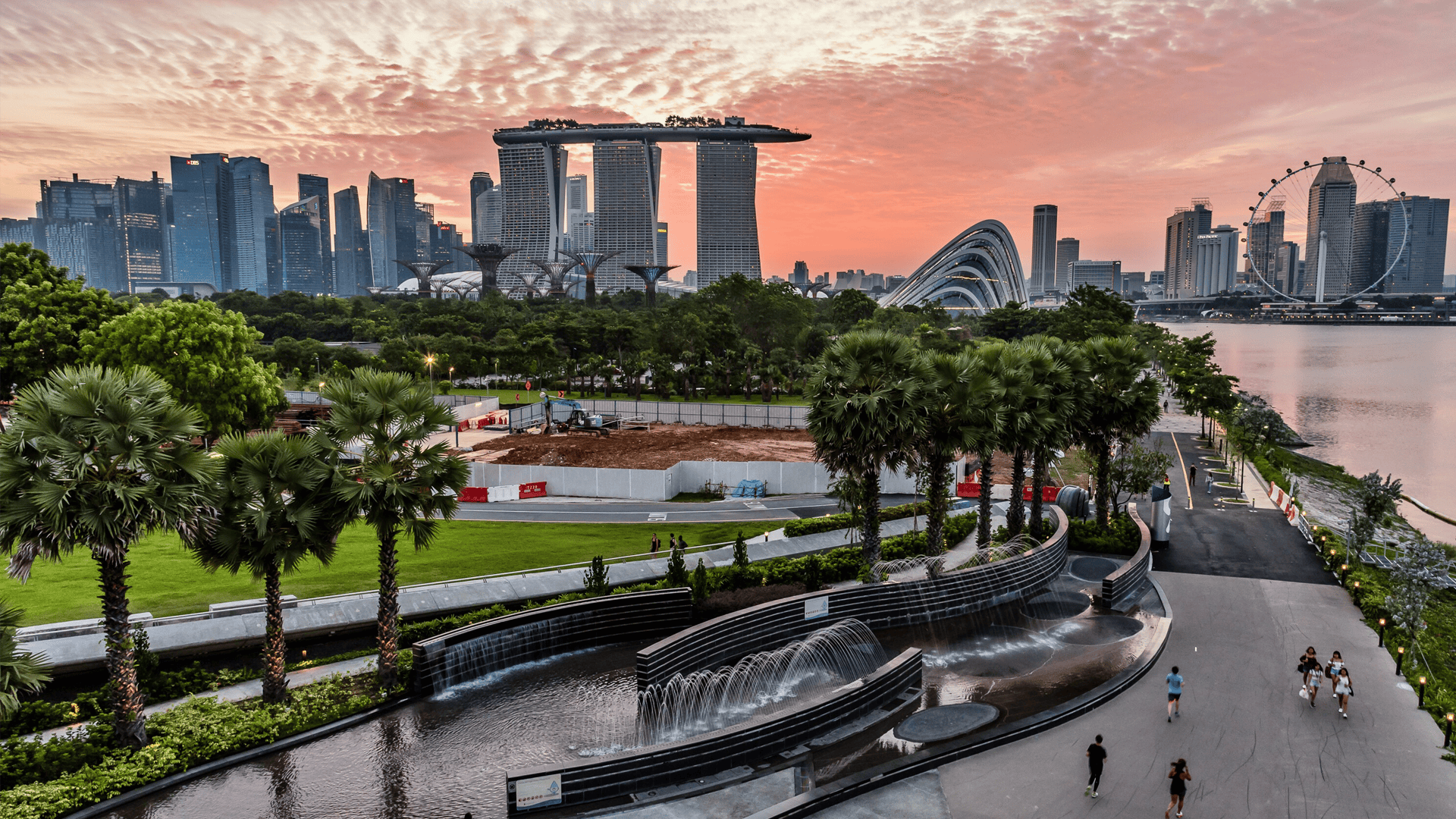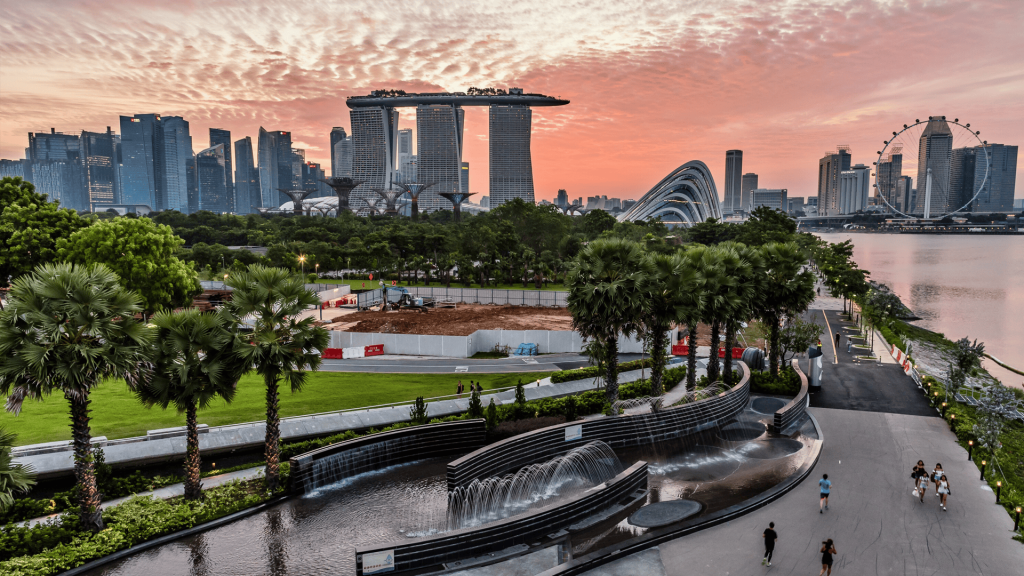Country Overview
Singapore is a popular place to relocate to, with a strong economy, excellent infrastructure, and a vibrant, multicultural city known for its safety, cleanliness, and modern lifestyle.
This comprehensive guide is designed to simplify your transition to Singapore life, detailing essential steps and practical tips to ensure a smooth and less stressful relocation. From obtaining the necessary visas to understanding the cost of living, setting up bank accounts, and securing health insurance, this guide covers all critical aspects of starting your new life in Singapore.
Whether you’re planning your move or already packing your bags, this step-by-step guide will help you manage the practicalities of living and working in Singapore.
22
years of experience confirm our competence

Employment in Singapore
One of our solutions for workers in Singapore is to operate through our umbrella company. We handle all billing, payroll and withholding deductions (e.g. income tax/social security) and payments on your behalf. You’ll receive full administrative support from us, while remaining responsible for your client work and deliverables.
OUR SOLUTIONS:
Employed / EOR
SERVICES
Agent of Record (AOR)
Our Agent of Record (AOR) service allows businesses to engage independent contractors worldwide with confidence.


Employer of Record (EOR)
We streamline your team management by overseeing hiring, payroll, taxes, benefits, and insurance, ensuring a seamless and compliant experience for your business.
Payroll Processing
Processing payroll is more than preparing payslips — it’s about accurate calculations, on time payments and strict compliance with tax and labour laws.


Business Expansion
We provide corporates and recruitment agencies with a turnkey solution: we establish and manage your local infrastructure so you can concentrate on winning clients and placing talent.
Immigration Assistance
Access Financial offers expert guidance and seamless solutions for all your international mobility needs.


Contract Management
Whether you are a freelancer or an employee needing compliant contracts, a recruiter looking to place talent quickly, or a business needing risk free engagement solutions, our team acts as your partner every step of the way.
Tax & Legal Compliance
Businesses, contractors and recruiters working internationally face complex labour and tax rules that vary by country and sector. Access Financial keeps pace with these changes so you don’t have to.

Need an illustration?
Speak to us today
Our dedicated sales team is ready to provide you with a tailored quote and offer guidance on all aspects of the global mobility.





